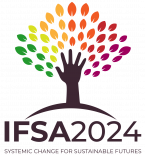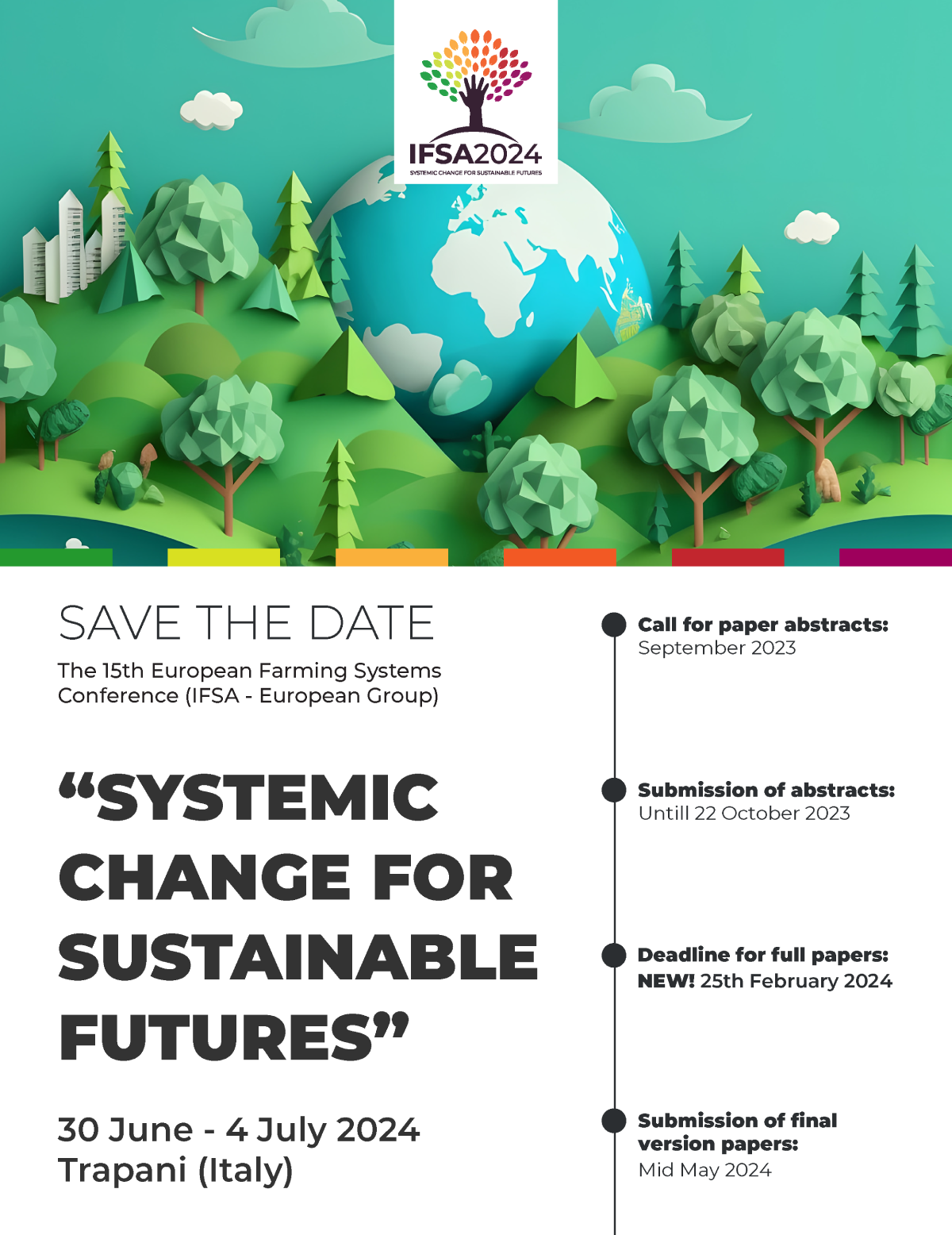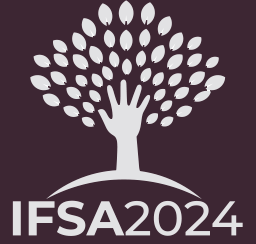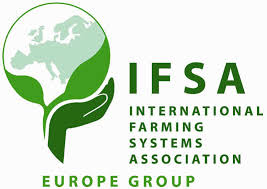IFSA2024
SYSTEMIC CHANGE FOR SUSTAINABLE FUTURES
The challenges facing modern societies, including climate change, biodiversity loss, food security and health, inequity, call for transitions to a more sustainable management and use of natural resources in farming and forestry and along the agri-food systems. Due to the complex nature of these challenges, characterized by highly interconnected dynamics that involve a variety of ecological, social and economic dimensions, transitions towards sustainability require systemic, multidimensional and multilevel approaches for individual, organizational and system changes. People and grassroots initiatives are key resources for addressing sustainability. Transition pathways emerge from interactions between multiple actors (farmers and foresters, scientific, development and education communities, politicians, social movements and interest groups, businesses, consumers), mainly through context-sensitive and bottom-up processes of innovation, experimentation, learning and networking.
Various transition pathways are already in place and are grounded on innovative forms of responsible farming that shape landscapes, agro-food systems and local development in rural areas. These are non-linear processes that occur by interdependent adjustments and can lead to progressive change towards sustainable futures and goals (e.g. SDGs).
Holistic and complex aware approaches to multiple mission-oriented policies and innovative governance models to solving problems, recognizing interdependencies between the parts, and managing unpredictable, situations are required: change involves long-term vision, innovative institutional mechanisms, new organisational forms, pattern disruption, joint working of actors and competences, and the social redefinition of actors’ identities and roles.
All this requires changing dominant thinking, new transformative learning (education-training-extension/advisory) and capacity development pathways that include multi-actor setting at multiple levels of action within the rural areas and innovation systems to support systemic change.
Moreover, inclusive, transdisciplinary and interdisciplinary approaches that involve all actors throughout society are needed to co-produce new knowledge which includes all perspectives, interests, values of all actors involved or affected in change for sustainability transitions.
To navigate complexity and learn there is a need for both exploratory, analytical approaches and tools, as well as adaptive governance and action grounded in monitoring, reflecting, evaluating and learning, that enable effective decision making for change towards sustainability transitions.





